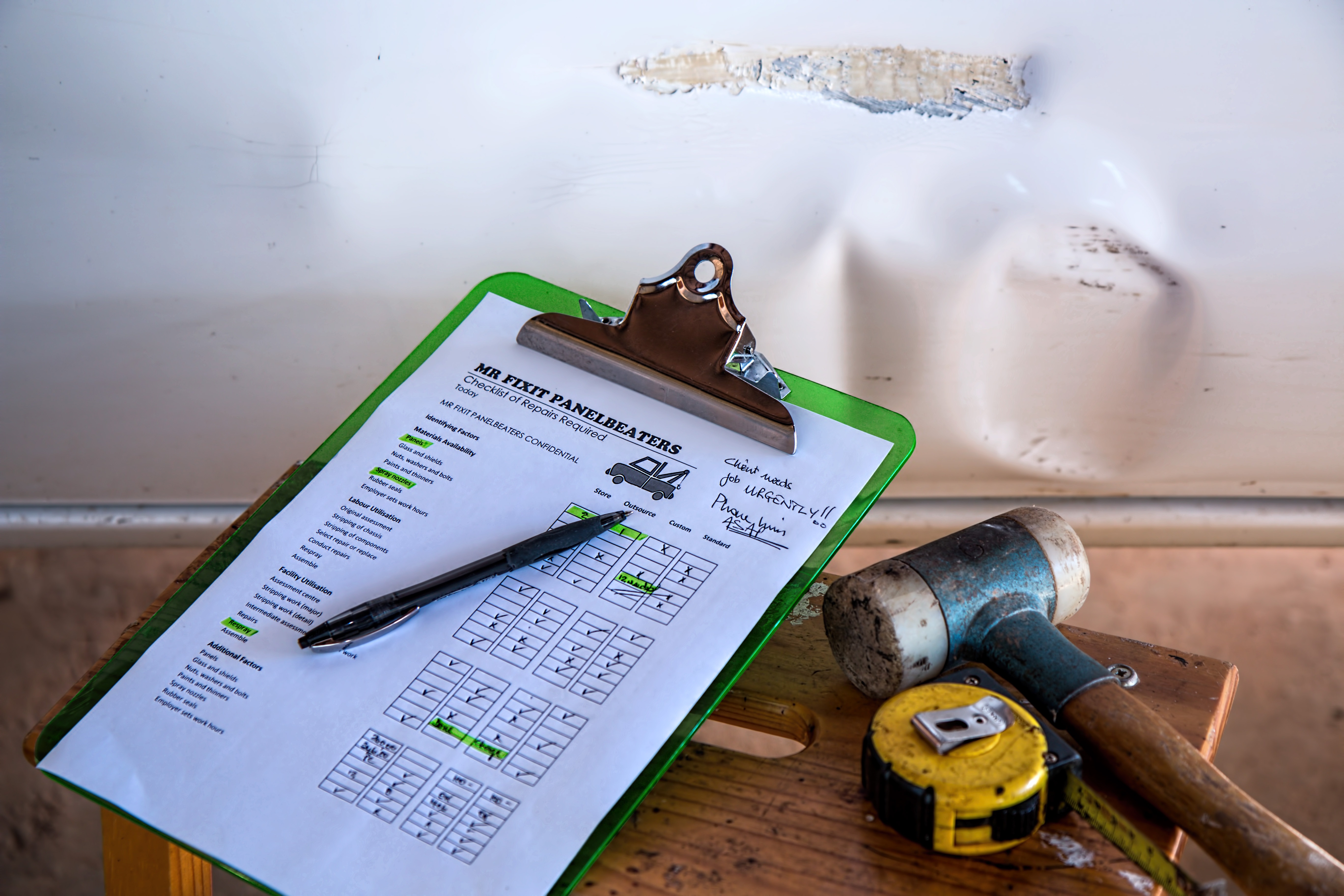Sponsored Content
BUSINESS NEWS - Being involved in a car accident can be a stressful experience but, when you are hit with a lawsuit, the accident can become an even bigger headache. Not only do you have to worry about the damage to your own car but also damage to the other vehicle involved.
When someone makes a claim against your policy, your first response should be to get in touch with your insurance company and let them know that the other party is seeking compensation for damages. They should already have the accident on record as you should have already reported the incident.
One of the first things that Car Insurance companies do before processing a claim is determine who is responsible for the accident. They will look at the police report containing the details of the accident, including who caused the accident. In many instances, they will look at the damage and the environment (road signs, intersections) to pinpoint who is to blame.
Sometimes a percentage of the blame can be assigned to each driver. According to Hippo.co.za, You May Be Liable For Another Driver's Negligence, if, for example, the other driver suffers a heart attack behind the wheel and you do not fulfil your obligation to avoid a collision. In this case, your insurance company will partially reimburse the other driver for damage caused in an accident.
If all fingers point toward you, the other driver and their insurance company must be able to prove you were at fault before they can claim from your car insurance. The claim can either be settled on a split liability percentage between both parties or in full by either driver.
 Sometimes a percentage of the blame can be assigned to each driver.
Sometimes a percentage of the blame can be assigned to each driver.
When a third-party seeks compensation you do not need to pay an excess since this only applies to your own claims or repairs. Therefore, you’ll only pay the excess amount if you claim for damage to your own vehicle and only if you have comprehensive car insurance. The third-party will have to pay an excess if they claim from their own policy, but their insurance company can recover the full amount of their loss including the excess paid by their client from your insurance.
Your insurance company is likely to raise your premiums when you renew your policy as they believe drivers with a claim history are at much greater risk of having another accident that will lose the insurer money. Keep in mind that, if you were to blame for an accident, you’re also likely to lose your entire ‘no-claims bonus’ or a part thereof.
The accident will reflect on your record for the next three to five years as you’ll need to disclose claims when you renew your policy or switch insurers, however, it will matter less as the years pass and you rebuild your no-claims bonus.
 A third-party insurance policy prevents you from reaching deeper into your own pocket to cover the cost of repairing or replacing a damaged vehicle in addition to your own.
A third-party insurance policy prevents you from reaching deeper into your own pocket to cover the cost of repairing or replacing a damaged vehicle in addition to your own.
A third-party insurance policy prevents you from reaching deeper into your own pocket to cover the cost of repairing or replacing a damaged vehicle in addition to your own. While comprehensive car insurance provides the most benefits should you be at fault in a car accident, it is essential to have at least third-party insurance, so you will be able to settle another driver’s case for compensation.
'We bring you the latest George, Garden Route news'
















